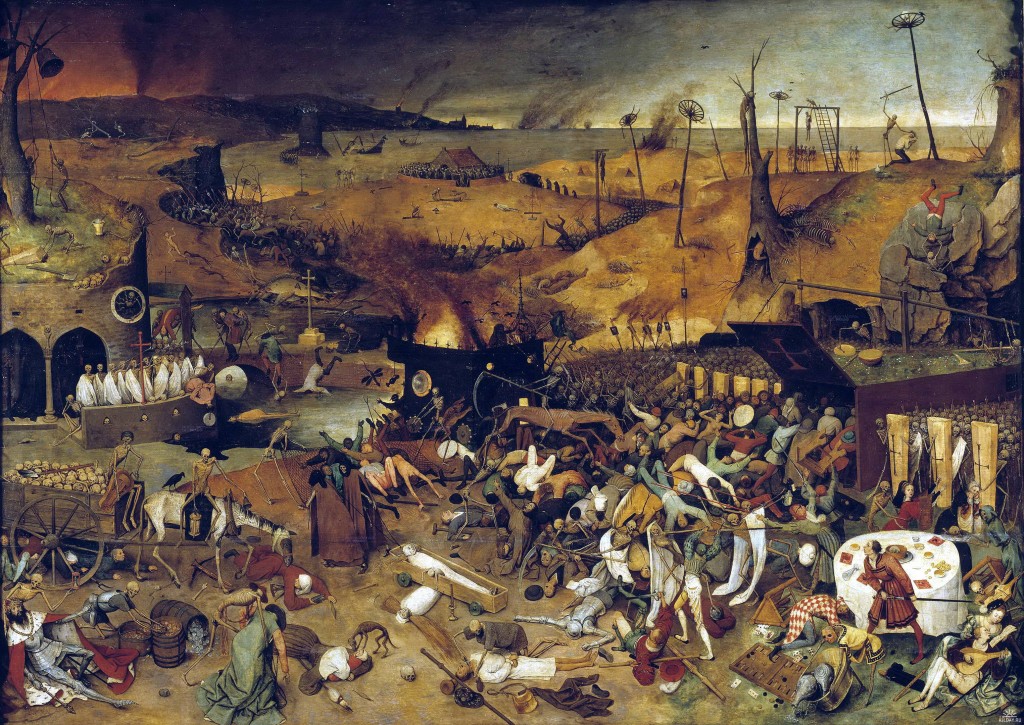
To the uninitiated, to be an identitarian in this age seems to be an anachronistic and borderline masochistic endeavour. Every day presents more evidence that the notion of having a fixed historical identity is a dying one. From the removal of the Confederate flag from civic centres across the South, to the throngs of migrants crossing European borders only to be welcomed with open arms; it is plain to see group identity as we know it is disappearing. This change is not merely a consequence of shifting political priorities, but signals a much deeper change in the philosophical zeitgeist of the West. The unprecedented political upheaval we see today has been made possible because all fixed identities have been rejected by an increasingly individualistic and fluid society. In the mind of nouveau-man, fixed identities such as race, gender, nationality and religion are baggage to be cast out and to be replaced with the blank slate of individual preference. In such a philosophical climate, it is no surprise identarianism is regarded by outsiders as a both futile and unnecessary doctrine. Who really needs the burden of identity anymore? This essay seeks to argue that the answer to that is, we all do – and we need it now more than ever.
Before any defence of the credo of identitarianism can be attempted however, the idea itself must be defined. That is no easy task considering the multitude of definitions and reinterpretations of the concept offered in recent years, so I will instead offer my own vision of what identitarianism means. At its most basic level, identitarianism is the belief that an individual belongs to a fixed historical tradition. Their loyalty is not to a political party or even a state – but to the ethno-cultural group which they were born into and with which they self-identify. The primary driving force of an identitarian is not transient political and economic change; they do not seek to amend tax laws or reduce carbon emissions. Their central objective is to defend, continue, and tirelessly better the group of which they are a part. The identitarian steeps himself in the cultural morays of his group; he treasures the historical inheritance he is the custodian of and takes it as his duty to enrich and transmit that inheritance to future generations. To some, that definition may seem perilously close to conservatism. Yet to conflate these two ideologies is a grave mistake.
The conservative seeks to turn back the clock – to constantly hark back to an age when things were better and the people were much wiser. But to the modern conservative who those people were and which ideas are worth conserving has become a confused issue. They have slipped into the fallacy of believing ideas exist independently of the groups which created them, and this misjudgement has led to their political irrelevance. We have watched modern conservatism fight, and lose, a series of culture wars on drug control, immigration restrictions and gay marriage. The reason they have lost these battles is because shorn of its true objective – conserving a way of life and strengthening the identity of the ethnic group that devised these views, these arguments simply appear to be rules without reasons. If modern conservatives cannot answer who they are conserving, and why they are worth conserving, their world view becomes moribund. Their ideas simply become one set of values amongst many subjective value sets.
What modern conservatism lacks is a transcendental purpose; an aim over and above making minor political changes in the here and now. While conservatism retreats from addressing the true issues of today to expound on tax laws and state rights; idenitarianism takes up the mantle of seeking a higher purpose. It is this transcendental element which differentiates identitarinism from all other political ideologies today. We do not derive our worldview from the whims of changing moral and ethical fashions, but from continually asking ourselves the question: does this decision strengthen and improve our group, or does it weaken it? We understand, unlike the conservatives, that technology and society move on, and we cannot live in a moral museum. But at the same time, the considerations of what may be fashionable in modernity can never come over and above staying true to our identity – and to the thousands of years of development that have gone into its formation.
Many commentators make the criticism that identitarianism is simply an attempt to co-opt the achievements of the past and present them as your own. That merely belonging to a group identity by accident of birth does not entitle you to a sense of superiority, and that in a liberal individualistic world it is personal achievement, who you are, not what you are that counts. In their view to present yourself as superior because of what others have done is lazy; and to limit yourself only to your own group is an arbitrary and needless restriction. These two criticisms are based on a fundamental misunderstanding of the identitarian credo.
Identitarianism is not an ideology for the feckless or the weak minded. The achievements of the past should not be taken for granted as a positive reflection of your character; but as an aspiration to emulate those who have lived meaningful lives. We venerate the members of our own group not simply because they just so happened to be members of it, but because their personal acts of physical and mental fortitude make them worthy of praise and remembrance. Identitarians feel a constant sense of duty and expectation; an urge to live up to those figures of the past and to ensure a future for those to come. Identitarians of all people know that it is both who you are as well as what you are that counts – because we are grounded in a history that respects great figures of the past rather than those who seek to cast the past aside and start from zero.
As for those who say identitarianism is a restrictive ideology – they are right. It is one of the few ideologies which exists today that makes demands on the conduct of your day-to-day life. Other ideologies try to explain away personal failure and political shortcomings as stemming from the all-powerful state, the apathy of society or the structure of the economy. We do not have a Marxist sense of the historic inevitability of our own success; we cannot be complacent and sit on our hands waiting for the day of the spontaneous revolution. We have an acute understanding that our very reason for existence is under attack, and if we fail it is our own fault. The identitarian response to personal adversity and political setbacks is not to blame others, but to draw on our own psycho-spiritual reserves to try and better ourselves. To harness a Nietzschean will to self-evolution and self-improvement. To look up to the esteemed figures of the past, and to seek to learn from them by responding to hardship with personal heroism, in all circumstances.
This makes identitarianism a personally demanding ideology, and one not suited to mass movements and the multitude. It can be a hard and lonely road, and one which will not win you respect amongst your peers; nor make you personally wealthy. But what is moral and right is never easy, and the successes of our movement are always more rewarding because of this. We are not trying to achieve small-scale political change, which will be washed away in a few years or decades. We are trying to re-awaken the spirit of collective identity and champion a whole revolution in the thought of contemporary man. This means we may not have the instant gratification of immediate political breakthroughs and the superficial successes of electoral victories. Our mission is a deeper, more fundamental one.
Speaking to people on this level, on this higher plane, is an ultimately more worthwhile cause however. Following the path of identitarianism, hard though it is, makes life meaningful. When we reach out to people and furnish them with an understanding of who they are, and what they should aspire to be, we free them from the destructive psychic prison of modern liberalism. Contemporary society tells them that by denying who they are, and by attempting to appease and intermingle with other groups they will eventually lead a richer, more fulfilling life. But that is the greatest lie of our age. Because no matter how hard they deny themselves, no matter how many Confederate flags they rip down or apologies for past colonial indiscretions they make, they can never truly become a clean slate. They cannot and will not be absolved from their history; other groups will simply make more and more extreme demands for public signs of acquiescence and self-denial.
The treadmill of political correctness and self-policing becomes ever faster and faster, more and more rules of playing nice must be internalised, and yet it will never end. Because the truth is – group existence is resistance. While our identity is still undiluted enough to serve as a rallying cry to free and uncowed individuals, it will always be a threat to the liberal and multicultural elites. By accepting who we are, and being proud of it, we free ourselves of the crushing weight of the contrived expectations of others. The ever increasing demands of forcing disparate and incompatible groups together ceases to be our problem; and the productive work of moving towards a healthy, homogenous and upwardly thinking society can begin.
The truth of the matter is that multi-ethnic societies always make the individual less free; because policing such an unnatural arrangement always requires a monolithic apparatus to suppress inter-group hostilities and tensions. By embracing our own group identity, we opt-out of all the bureaucracy and implicit force needed to make living with other groups tolerable. We do away with anti-hate speech laws, politically motivated governmental organizations, media witch-hunts about offhand comments and Soviet style censorship of creative expression. We can instead create a society free of these personally burdening and unproductive endeavours and work instead to become better, happier and freer individuals.
Neither liberalism nor socialism has the power to achieve this new, freer and healthier society because both have become impotent in the face of modern political arrangements. When liberalism is applied to a society of many groups, its calls for freedom will always be subordinated to maintaining unity in a state of many faiths and group identities. It can only fight for the freedom of the trivial – the false gains of minor personal freedoms in the face of slavery to the omnipresent state intent on keeping people together. The freedom to make more money, to take part in more previously taboo activities, and to live more comfortable lives in the short term is a pursuit that lacks all meaning if the individual is not free to be who they are.
Equally, Marxism has already triumphed in a cultural sense while conceding its economic doctrines are incompatible with modernity. This renders it only able to demand more of what already exists – to constantly cry for more ‘equality’, which in reality only presents itself as more privileges for favoured out-group identities at the expense of true group identity. It means an ever increasing array of laws, more restrictions on what can and what cannot be said, and no improvement in the overall condition of the average individual. Marxism fails to understand that the problems we face today are not material ones; even the poorest in advanced society have access to a cornucopia of material things. The problems we face today are philosophical and spiritual, and an ideology that has no grasp of life in these terms can only demand more of the same. Marxism, the supposedly most revolutionary of ideologies – has become status quoist. It has lost its revolutionary zeal, and works only for the interest of groups which are not our own. It is not simply that identitarianism is the better option for overcoming our present depredations; it is the only option. And whether you are an identitarian or not, group identity is certainly not dead in the contemporary world. Other groups are rapidly discovering its power.
The rise of militant Islam and its many political and military manifestations has brought sharply into focus that a self-aware group, harnessing its identity as a rallying cry is a powerful and dangerous thing. Modern liberalism is losing on the battlefields of Syria and Iraq, and if we fail to develop our own sense of group identity and self-preservation, it will soon be losing at home in our European and American heartlands. What modern ideologies, shorn from the moorings of the groups that created them have failed to realise is, abstract political values will always be defeated by tangible groups operating under arms. Nations and states are built on the collective will of the people who inhabit them, not vague political notions. If you change the composition of the inhabiting group, you will swiftly change the values that prevail in the land. As much as our political elites try and deny it, groups with an unshakable sense of who they are, and why they are fighting, will always defeat those held together only by the tenuous bond of an artificial and hollow idea.
We stand now at a crossroads. The mass exodus of refugees caused by the advance of militant Islam has more starkly than ever demonstrated the ideational gulf between identitarianism and the old ideologies. In response to a worsening crisis, the old ideologies have intensified their self-denial and public self-flagellation. Not content with breaking the social contract by the continued policy of mass migration of disparate peoples into formerly homogenous societies without a democratic mandate; they now seek to literally invite strangers directly into their households and communities under the guise of re-homing refugees. The reasoning for this is not a moral one, but a political one. They believe the faster group identities are diluted, the sooner they will fade as a factor in political life. But this response is a deeply misguided one. The importation of other groups will not foster the identityless carte blanche society they dream of; it will simply mean their own group and cultural values are more rapidly and violently supplanted by that of another.
The identitarian response to this present disaster is not to weaken ourselves, but to seize this opportunity to reassert ourselves more firmly than ever. Resolving this crisis is not a question of economic and organizational resources; but a question of political will. Before we can solve any external crisis, we must first solve our internal problems – the problems of who we are. Though the idea of group identity has been much undermined in the past fifty years, this is not solely because the notion of doing away with identity has resonated with people on a philosophical level. It is also because, once decided upon this course, the old ideologies had to enforce their decision by controlling the unwilling and uncertain elements of the population through social stigma and economic threats. But the power of present political elites is imagined, not real, and it is up to the identitarian to prove that the psychic prison has no guards. By speaking out, unintimidated by the prospect of social and economic reprisals, we will give others the courage to do so, and together we will soon see how few the true supporters of the current system number.
Once we have re-established our sense of identity, the solutions to our current problems will become apparent. A community with a clear cut sense of self-preservation will have no difficulty in finding the necessary economic and organizational resources to deal with the rise of militant Islam, the refugee crisis, or any other challenge that may face it. It is high time now to stop believing a policy of appeasement, of self denial, and subordination to the status quo will save us or make us freer and happier. The identitarian credo is one which precipitates personal hardship and sacrifice. It offers no certain prospect of victory or easy successes. But we are motivated to speak out because what we have to say is too important to be left unsaid; our truth goes beyond economic and social fashions. And perhaps, if enough of us join together, the future generations will say that when almost all were abandoning who they were, and retreating from fighting for a truly progressive future, there were a brave few. A brave few who saw civilization was teetering atop a narrow bridge, and squared their shoulders to make sure it did not fall; despite the slings and arrows of personal attacks and economic depredations they had to face. This brave few will be remembered not as the characterless middle managers of today’s politics; but as an intellectual vanguard that sought to reawaken the people and lead them back to a freer, greater and happier society. These brave few will be remembered as – the transcendental titans.
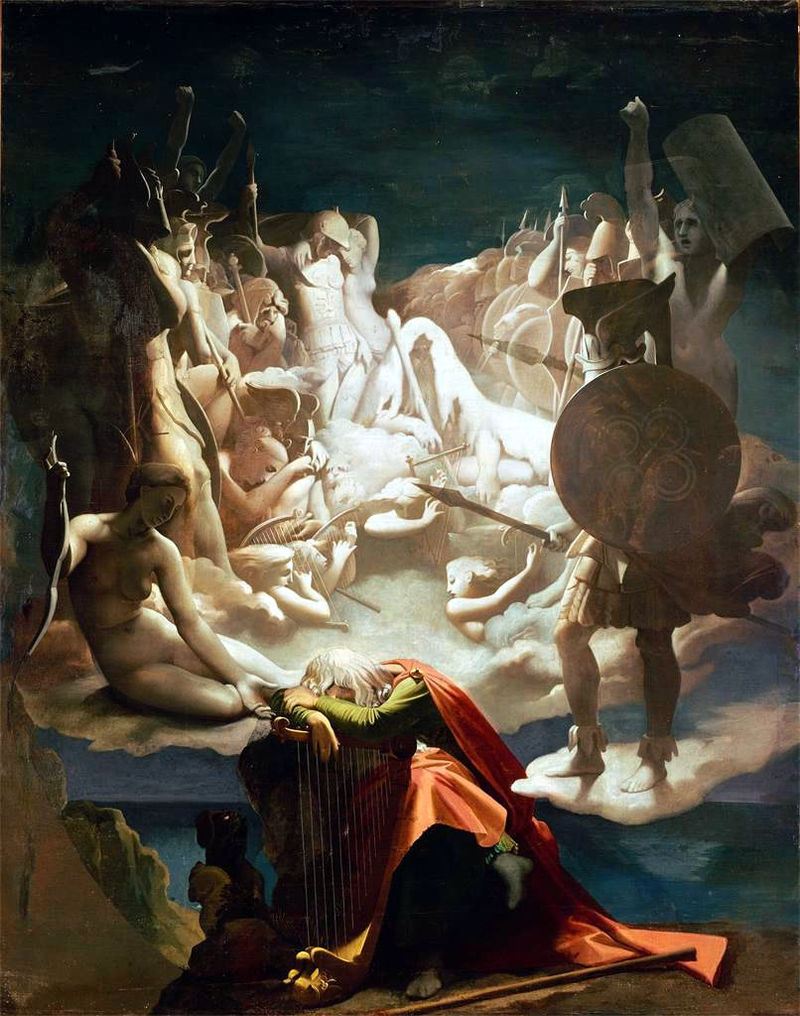

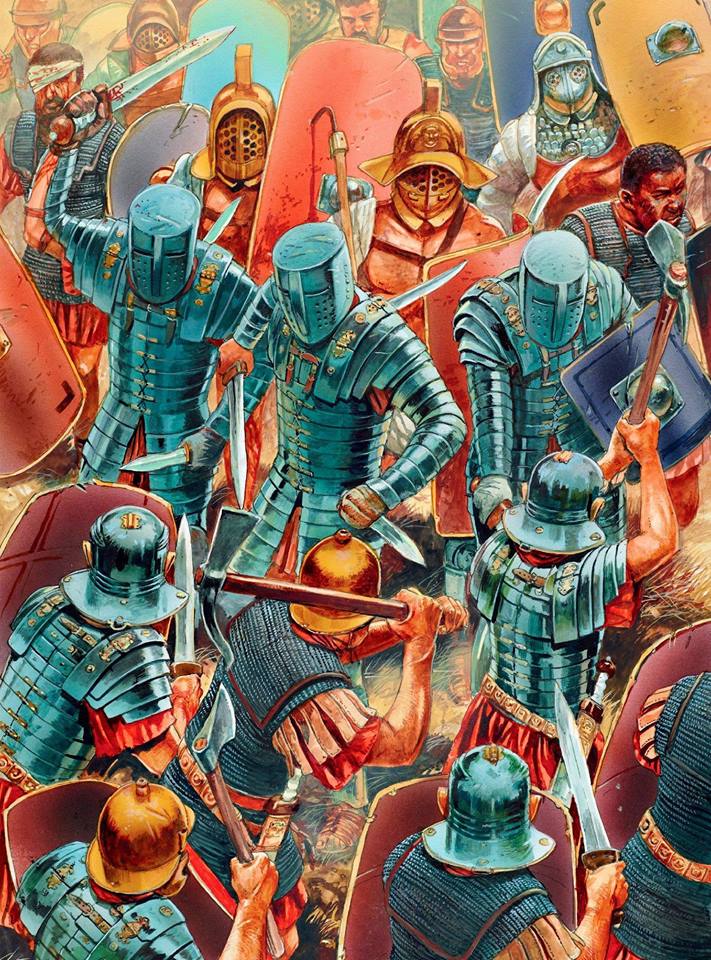
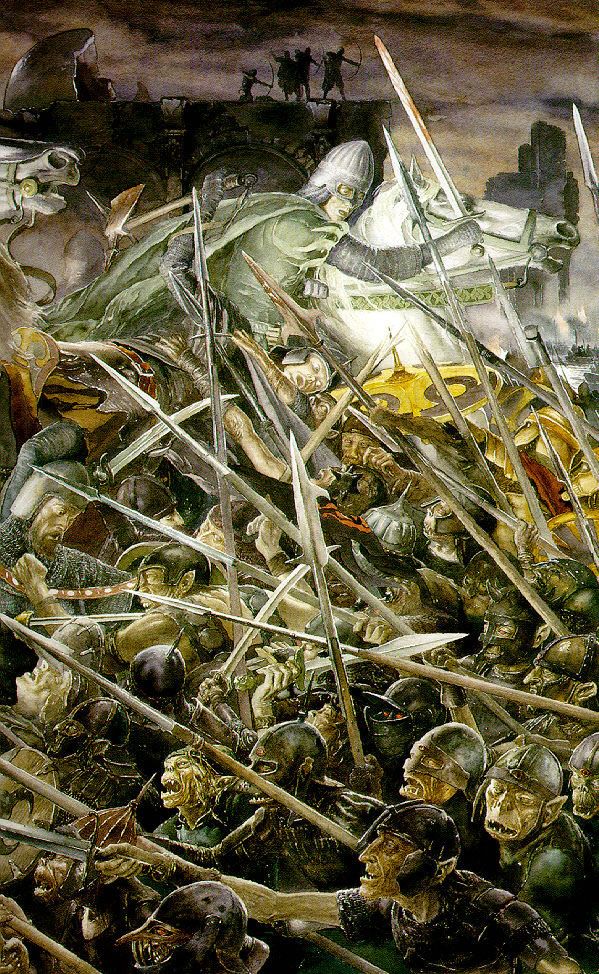
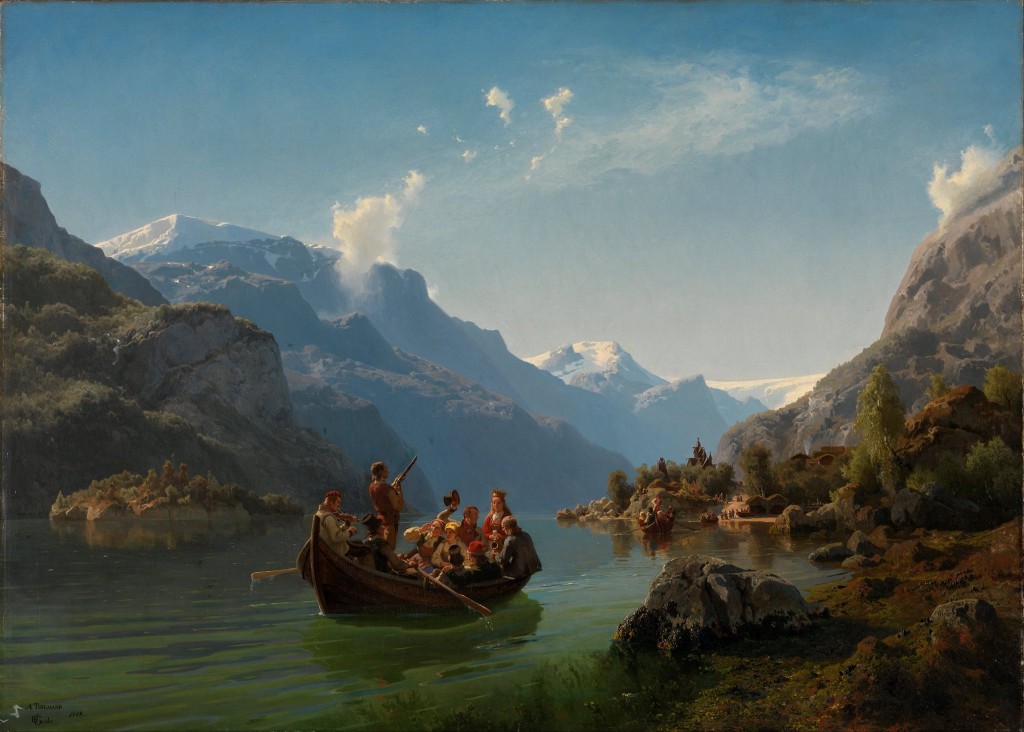
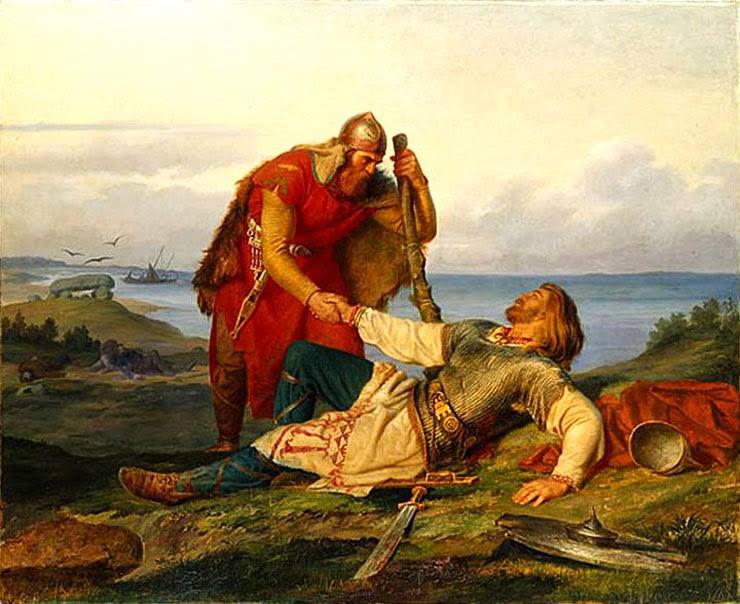
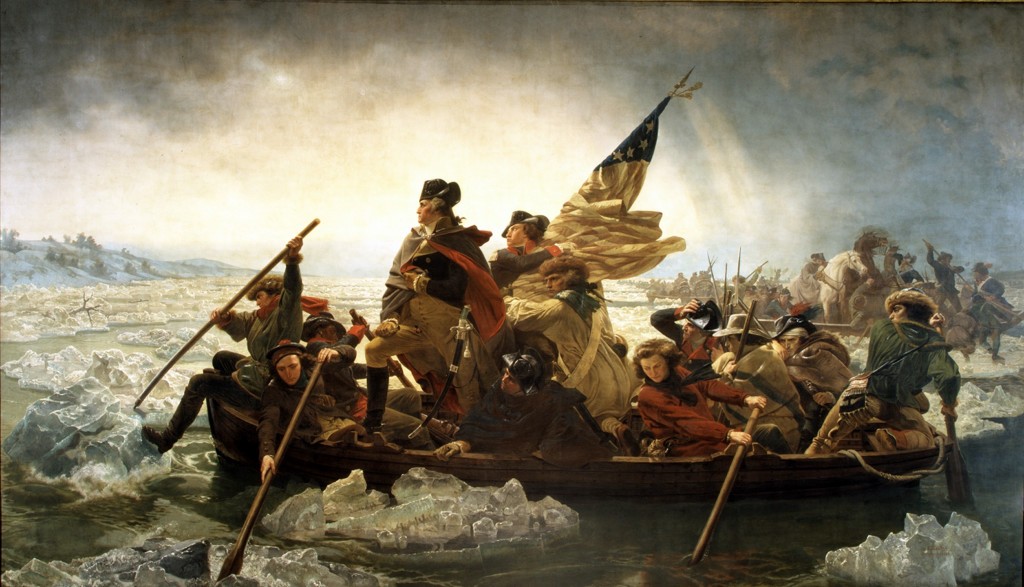

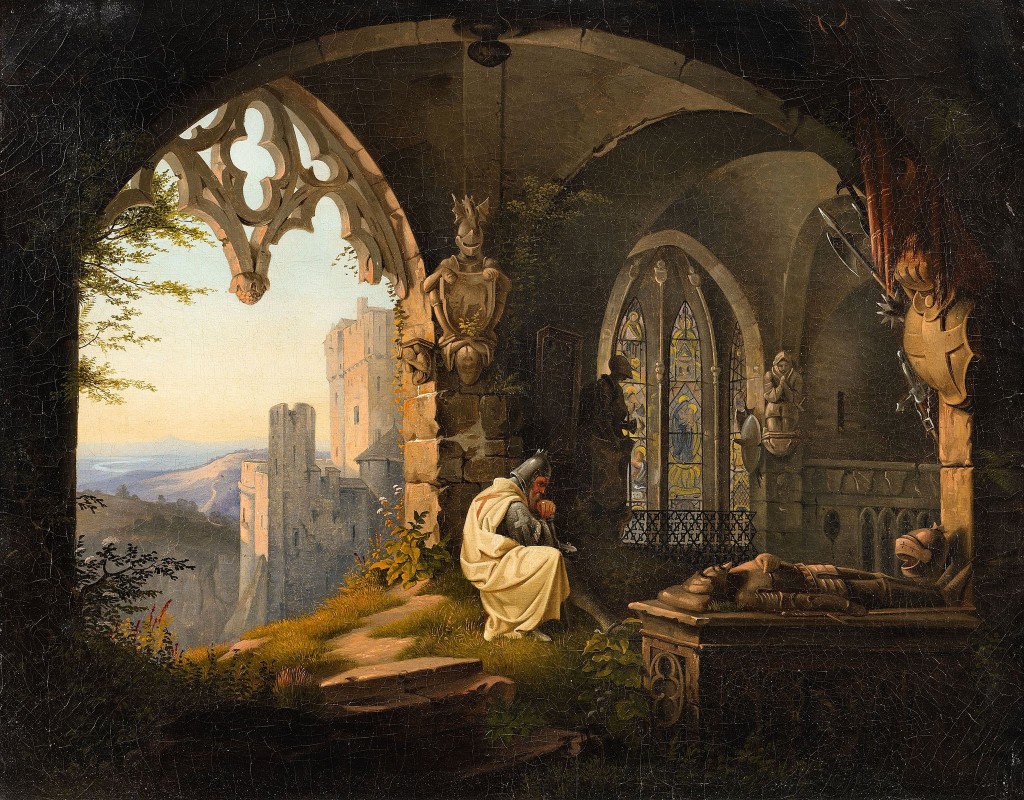

Recent Comments